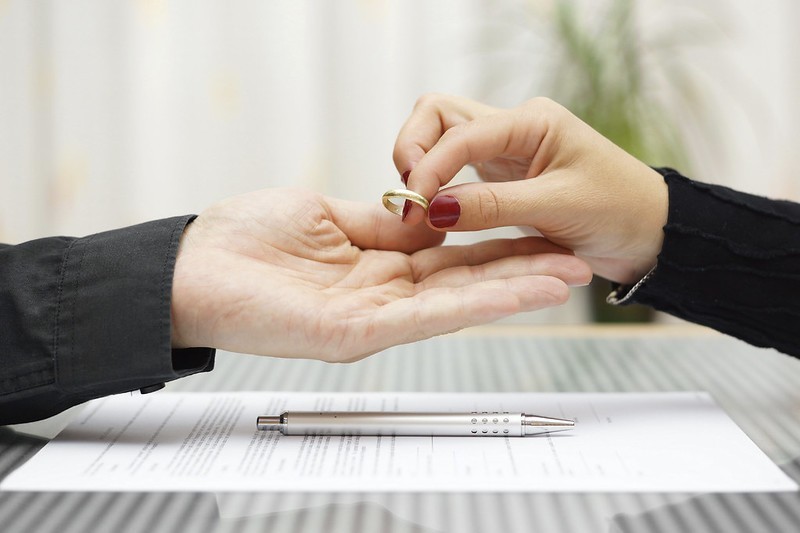
There can be many reasons why a couple decides to divorce and there are many things to consider during the process, including what to do with the family home. So, if a couple decides to split up, this is our advice on how to sell a house in the case of divorce in Spain.
Selling property in Spain after a divorce
When you get married in Spain, a couple decides to do so by signing one of three agreements or regimes that are detailed below. The main point to be taken into account for the distribution of the house in the event of divorce is the regime governing the marriage in question:
- Community property regime: known in Spain as "régimen de gananciales" in this marrraige agreement, all the profits and gains that the spouses have made during the marriage are pooled, i.e. everything is owned equally by both parties. Thus, when a couple marries in community of property and makes their assets common, we differentiate between two types of assets within the same; private assets (those that the spouses had before the community of property existed, as well as those inherent to the person, clothes and all objects of personal use that are not of extraordinary value) and common assets (those obtained by the work or industry of the spouses that become common in the couple, as well as the fruits and income produced by both the private assets and the common assets that have been founded during the marriage). It is regulated by Article 1347 of the Spanish Civil Code.
- Separation of assets: this marriage agreement is known in Spain as "Régimen de separación de bienes" and each member of the couple has his or her own assets without a common one. Thus, each spouse administers his/her own property. This means that when the spouses acquire property jointly, both will appear as owners of that property. Although there is no common property, both spouses have to contribute to the matrimonial expenses. It is regulated by Article 1437 of the Spanish Civil Code.
- Participation regime: The "régimen de participación" means that each of the spouses retains his or her property autonomy during the marriage, but in the event of divorce or separation, it proceeds as a community of property. This regime is regulated in Articles 1411 to 1434 of the Civil Code.

How to sell the family home in case of divorce in Spain
When it comes to selling the property after a divorce in Spain, there are several relevant aspects to take into account.
As we have mentioned, for the sale of a property you will have to take into account the type of matrimonial property regime, as well as assessing other aspects such as whether you have children in common or whether the property is mortgaged.
If there are children in common, even if they are minors, the property can be sold. However, this will only be possible with the authorisation of a judge. The judge will always look after the welfare of the children.
If you want to sell your house and it is mortgaged, the property can be sold to a third party. In this case, a formal sale can be made and the proceeds can be used to pay off the mortgage loan. If there is a profit after paying off the debt, it can be divided equally.
When it comes to the type of matrimonial property regime you agreed when you got married, the following cases can arise:
1. In community of property regime: In this case you must take into account that after the divorce, the house that you want to sell will be divided 50/50 and therefore, the amount obtained will have to be divided equally. It should also be kept in mind that until the dissolution of the marriage, no further steps can be taken with the sale.
2. Separate assets regime: There is no need to wait for any dissolution, as each party owns a part of the property. Therefore, it will simply be necessary to agree on the amount and the distribution of the money.
3. In the case of unmarried partners: The parties must agree with each other, as they are co-owners of the property and the confirmation of both parties is necessary for the sale of the property.
Selling property in Spain after divorce with no agreement between parties
Reaching an agreement between the parties is the easiest and quickest way to resolve the sale of the property, but sometimes this isn't the case. If there is no agreement, a judge will intervene and, in most cases and if there are no children in the marriage, the sale is carried out by public auction, where the conditions are not beneficial for either party. These auctions mean that anyone interested can buy the property, which could lead to the price of the property dropping by 20-30%.
Most of the disagreements when it comes to selling a family home in the event of divorce usually occur when agreeing the price and carrying out each of the bureaucratic procedures. One way to avoid this is to get the help of a real estate professional, such as the ones you can find on idealista, and let them advise you so that both parties can reach an agreement.